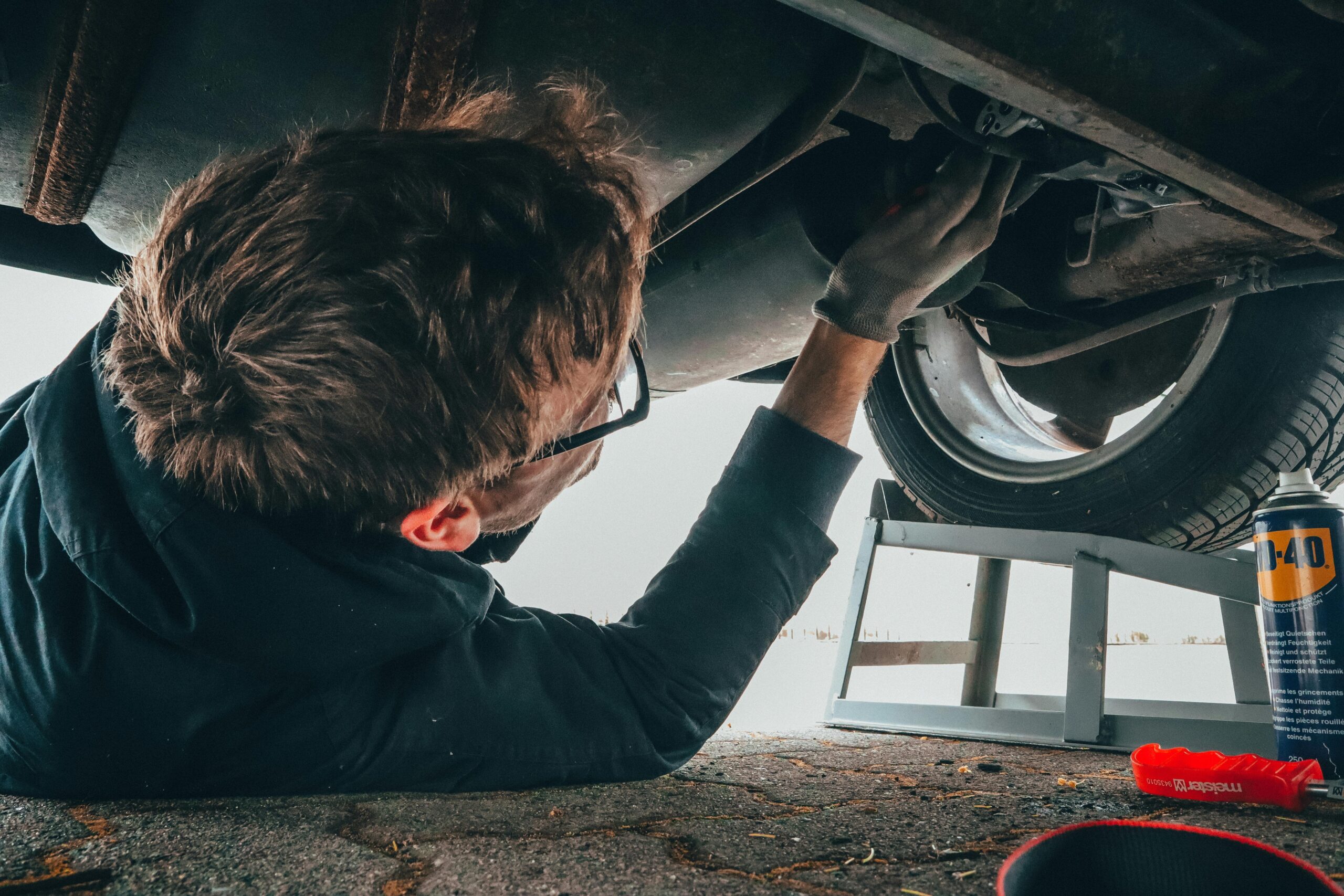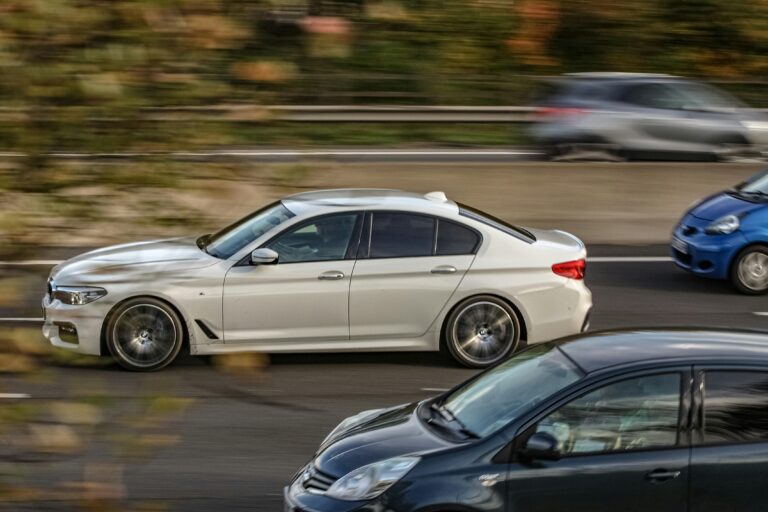7 Smart Hacks To Reduce How Much You Spend On Fuel Today
We agree that fuel costs can be a real pain in the wallet. Every drop of gas or petrol counts as you commute to work, take road trips or run errands. But what can help to reduce fuel consumption? The good news is that there are plenty of ways to cut down on fuel use without breaking the bank or trading in your vehicle for a hybrid. In this guide, we’ll look into some practical mechanical tweaks and tips to help you save money at the pump while keeping your ride running smoothly.
Why Should You Care About Reducing Fuel Consumption?
Before we get into the nitty-gritty, let’s discuss why reducing fuel consumption matters. Sure, saving money is a big motivator, but there’s much more to it than that:
Environmental Impact: Burning less fuel means fewer emissions on our planet, which helps reduce your carbon footprint. Mother Nature will thank you!
Engine Longevity: Many fuel-saving practices also keep your engine healthier, extending its life.
Better Performance: Some tweaks save fuel and also improve how your car drives. Win-win!
So, these tips are for you, whether you’re an eco-conscious driver or someone who hates seeing their hard-earned money disappear at the gas station.
-
Keep Your Engine in Tip-Top Shape
Your engine is like the heart of your car. If it’s not working efficiently, everything else suffers. Here’s how to make sure your engine is running as lean and mean as possible:
a) Regular Tune-Ups – Think of regular tune-ups as your car’s spa day. They include replacing spark plugs, checking the air filter, and making sure all systems function properly. Spark plugs, in particular, play a huge role in fuel efficiency. If they’re worn out, your engine might misfire, wasting fuel.
Pro Tip: Modern cars often use iridium or platinum spark plugs, which last longer. Still, check your owner’s manual to see when replacements are recommended.
b) Clean or Replace the Air Filter – The air filter is like your car’s lungs. If it’s clogged with dirt and debris, your engine has to work harder to breathe, which burns more fuel. Air filter replacement is a simple and affordable way to improve fuel economy.
Fun fact: A clean air filter can improve mileage by up to 10%! That’s like getting free gas every time you fill up.
c) Check the Oxygen Sensor – This little guy monitors the oxygen in your exhaust and adjusts the air-fuel mixture accordingly. If faulty, your engine can burn way more fuel than necessary. Your mechanic can test it during routine maintenance, so don’t skip those check-ups.
-
Optimize Your Tires for Better Mileage
Tires may seem simple, but they have a massive impact on fuel efficiency. Here’s how to make them work for you instead of against you:
a) Maintain Proper Tire Pressure – Underinflated tires create more rolling resistance, which means the engine has to work harder to move the car forward. The result? Higher fuel consumption. Check your tire pressure monthly or more often if you drive constantly. Use a reliable tire gauge and inflate the tires to the PSI recommended in your owner’s manual, not the max PSI printed on the tire sidewall.
b) Consider Resistance Tires
If you’re shopping for new tires, look for ones labeled “low-rolling resistance.” These are designed to reduce friction between the tire and the road, improving fuel efficiency. Bonus: They’re often quieter too!
-
Lighten the Load
Have you ever tried jogging with a backpack full of bricks? It’s exhausting, right? The same principle applies to your car—extra weight forces the engine to work harder, which burns more fuel.
What You Can Do:
– Declutter and remove unnecessary objects from your trunk or backseat.
– Roof racks and carriers add aerodynamic drag, even when empty. If you don’t need them, take them off. Every 100 pounds of extra weight can decrease fuel efficiency by 1-2%. So, lighten up!
-
Improve Aerodynamics
Speaking of aerodynamics, did you know that wind resistance plays a big role in how much fuel your car consumes? At highway speeds, overcoming air resistance accounts for a significant chunk of your engine’s effort.
How to Make Your Car Slippery (In a Good Way):
Remove Roof Racks: As mentioned earlier, roof racks disrupt airflow. Ditch them unless necessary.
Close Windows at High Speeds: Open windows increase drag, especially on highways. Use the AC instead; it’s surprisingly more efficient at higher speeds.
Keep It Clean: Dirt, mud, and snow stuck to your car can affect its shape and increase drag. Wash your vehicle regularly—it’s good for aesthetics and fuel economy.
-
Upgrade Your Oil Game
Oil isn’t just for lubrication; it’s also key to reducing friction inside your engine. Friction equals wasted energy, which equals wasted fuel. Here’s how to choose the right oil:
a) Use Synthetic Oil – Synthetic oils flow better at low temperatures and maintain viscosity at high temperatures than conventional oils. This reduces internal engine friction, boosting fuel efficiency.
b) Stick to the Recommended Grade – Your owner’s manual specifies the ideal oil grade for your car. When you use the wrong type, it can hurt performance and fuel economy. Don’t gamble or play around with this; do what the car manufacturer recommends.
-
Embrace Technology: Fuel-Saving Gadgets and Mods
Modern technology offers some cool gadgets and modifications that can help reduce fuel consumption. While not all are budget-friendly, many provide long-term savings.
a) Install a Fuel-Efficient Air Intake System – Cold air intake systems deliver denser, cooler air to your engine, improving combustion efficiency. This can lead to modest gains in horsepower and fuel economy.
b) Add a Turbocharger or Supercharger (Advanced Option) – These devices force more air into the engine, allowing it to burn fuel more efficiently. However, they’re expensive and best suited for enthusiasts willing to invest in serious upgrades.
c) Use a Fuel Economy Monitor – Real-time fuel economy monitors show you exactly how much gas you use at any moment. This awareness can encourage smoother driving habits, which we’ll discuss next.
-
Drive Smarter, Not Harder
While this section focuses on behavior rather than mechanics, it’s worth mentioning because how you drive affects fuel consumption just as much as the condition of your car.
Accelerate Gradually: Flooring the pedal uses more fuel than easing into acceleration.
Cruise Control: On highways, cruise control helps maintain steady speeds, which saves fuel.
Avoid Idling: Turn off the engine if you’ve been stopped for more than a minute. Idling wastes gas and pollutes the air.
Final Thoughts on Hacks to Reduce How Much You Spend On Fuel
Reducing fuel consumption doesn’t require a complete overhaul of your car or lifestyle. You can stretch each gas tank further by making these small, smart adjustments to your vehicle’s mechanics and driving habits. Plus, many of these tips double as preventative maintenance, keeping your car in great shape for years.
So, next time you fill up, consider the tweaks you’ve made to save fuel. It’s rewarding to know you’re doing your part for your wallet and the planet.




